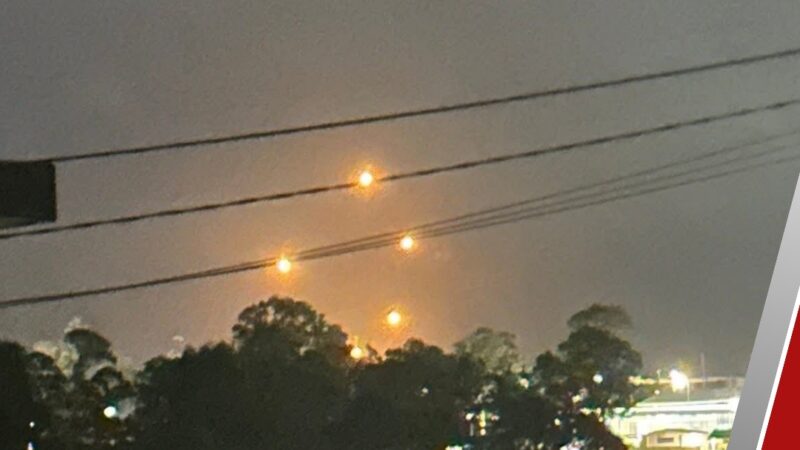BP’s recent pivot back to oil and gas, while drawing headlines, casts a shadow over the lofty renewable energy goals many nations have set for 2030. This shift underscores the fundamental challenges facing green energy—a sector that, despite its promise, still struggles with reliability and scalability. Renewables are often championed as the future, but they are not without their drawbacks, and BP’s course correction signals that the company is rethinking the feasibility of rapid energy transition, particularly in the face of growing energy demand and economic pressures.
Renewable energy has long been promoted as the ultimate solution to climate change. Wind, solar, and hydro power are hailed for their environmental benefits, but they come with significant limitations. The inherent variability of wind and solar power generation is one of the biggest obstacles. The sun doesn’t always shine, and the wind doesn’t always blow—factors that result in fluctuating power supply. This intermittency requires backup from more stable energy sources, often fossil fuels, which undermines the very goal of a carbon-neutral energy system.
You're Missing the Best Part!
This article is exclusively for Gold Members — our most loyal and informed readers.
Join today to unlock the full story, enjoy an ad-free experience, and support independent local journalism.
Start your 2-week free trial — then it’s less than $1/month. Cancel anytime.
Already a member? Login here












